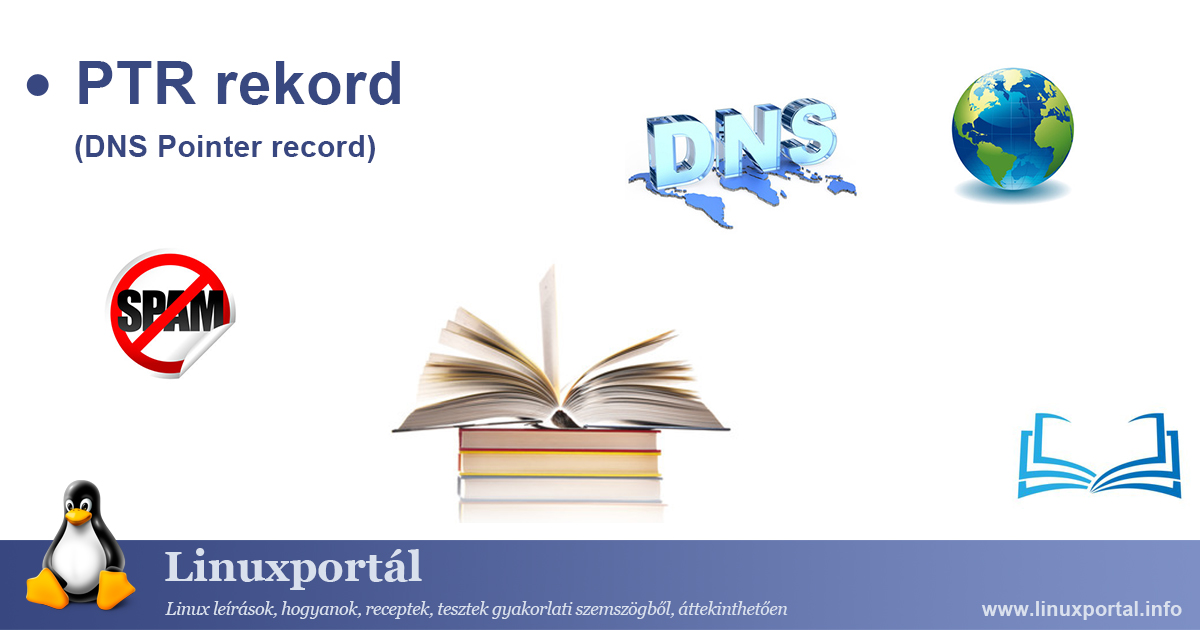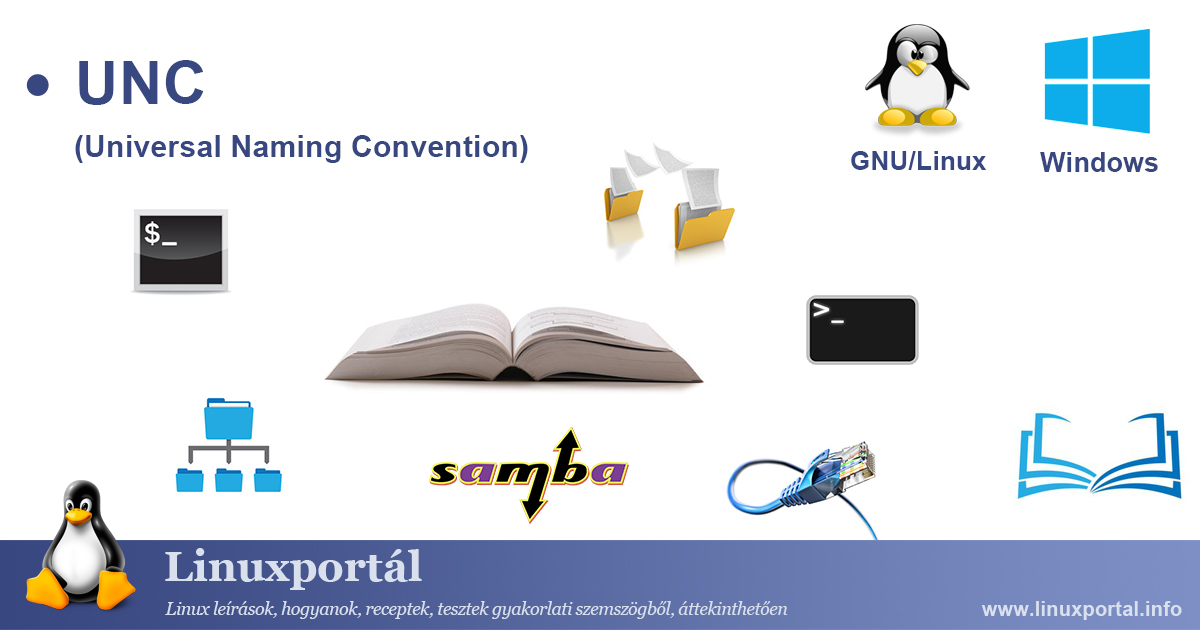PTR record
DNS connects domain names (domain names) to IP addresses. The DNS PTR record, otherwise known as the pointer record, provides the domain name associated with the IP address. A DNS PTR record is the exact opposite of an "A" record, which specifies the IP address associated with a domain name.
When a user tries to access a domain name in their browser, a DNS lookup occurs in the background, where the system looks for the IP address associated with the domain name. And DNS PTR records are used in reverse DNS lookups, which is the exact opposite of the normal DNS lookup process: it's a query that starts with an IP address and finds the domain name associated with it.
When a user tries to access a domain name in their browser, a DNS lookup occurs in the background, where the system looks for the IP address associated with the domain name. And DNS PTR records are used in reverse DNS lookups, which is the exact opposite of the normal DNS lookup process: it's a query that starts with an IP address and finds the domain name associated with it.










